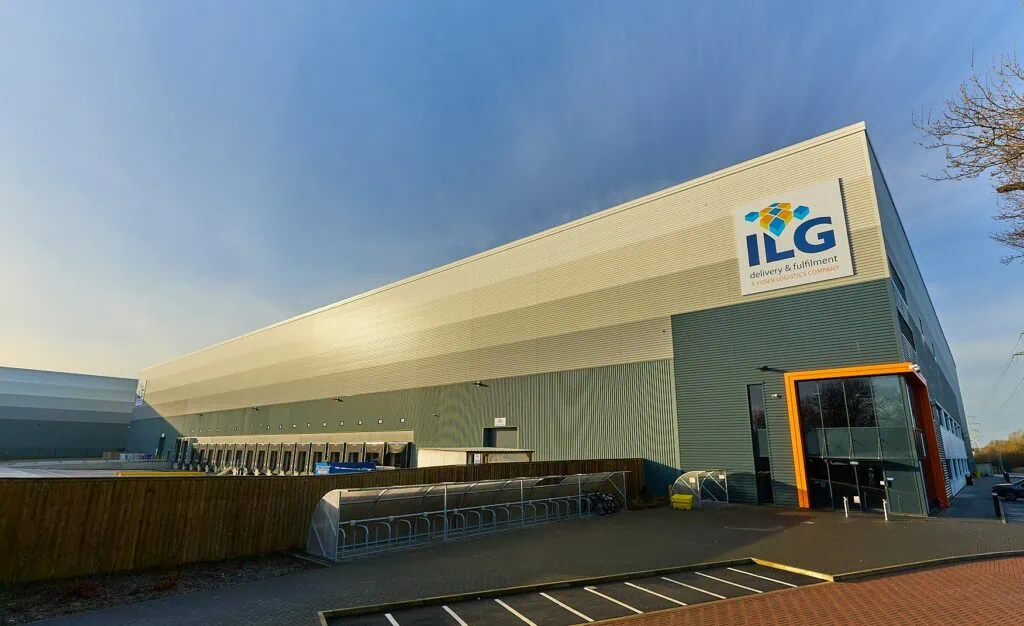
By Tom Ashley, Client Services & IT Director
Article updated July 2020.
Back in 2018, at the height of Brexit uncertainty, I attended a seminar that helped crystalise the main areas of concern for UK businesses currently importing or exporting goods to Europe. There were a number of points that came out of the seminar that are still relevant and interesting today, which I would like to pass on.
The seminar was hosted by ILG’s new owner, Yusen Logistics, with guest speakers James Hookham, Deputy Chief Executive of the Freight Transport Association (FTA), and Peter Ward, CEO of the UK Warehousing Association (UKWA).
With the UK still sitting in its transitional period, there are five possible scenarios for how Brexit will progress, four of which end in no deal. While this may not necessarily mean there is an 80 per cent chance of the UK leaving the EU with no deal, it does show that there is sufficient risk of a ‘no deal’ outcome for us all to be planning for it.
Possible scenarios for the next phase of Brexit
Possible impacts of a ‘no deal’ Brexit on the logistics sector
The logistics sector will find itself at the forefront of any waves coming from a ‘no deal’ departure from the EU. We’re advising our customers to pay careful consideration to the following areas of potential impact:
Customs and administration
HMRC currently handles around 90 million import/export declarations per year relating to territories outside the EU. If EU shipments have to be included after Brexit, that number would increase to 300 million. How will the system cope with that rise in volume, and how will your business systems cope?
Port congestion
More administration at customs will cause congestion at the ports. How will the resultant delays affect the movement of your goods and what can you do to mitigate against delays?
Transport and licensing
Changes in rules governing vehicles and driver approval could lead to a transport shortage. If you have all your dispatch eggs in one basket, this could pose a serious threat to delivery times.
Increased lead times
Delays at the ports and a shortage of transport options will lead to increased lead times, affecting the delivery terms you can offer your customers. How will this affect your value proposition and what can you do about it? What discussions do you need to have with your supply chain around lead times and stock building?
Warehouse space
With increased lead times, the ‘just in time’ supply chain model may change, forcing retailers to carry more stock. If you decide to stockpile, do you have access to more warehouse space, are you geared up for the extra stock management, can your suppliers meet your increased stock requirement and what will the effect be on your P&L?
Recruitment and staff retention
If Brexit brings about a change in the rights of EU nationals to work in the UK, how much of your workforce will be affected? And how will it affect your ability to recruit in the future?
Rising costs
How exposed are you financially to a fall in the value of the pound? New duties and taxes could also come in, pushing up your costs and forcing a rethink of your pricing model. You may find that the terms you currently offer on delivery and returns become unsustainable and need to be revised. What effect will that have on your sales?
How is ILG preparing for a ‘no deal’ Brexit?
We’ve been looking closely at all these threats for some time now and have been putting contingencies in place to help our customers ride out any impacts from a ‘no deal’ Brexit with minimum disruption.
Get in touch if you’d like to learn more about ILG’s specific Brexit preparation processes.
Warehousing
Our warehouse capacity has expanded considerably in the last five years and now that we are part of Yusen Logistics, our warehousing capability extends to offer a Global capability. This allows us to support growth in stock holdings as well as a allowing you to split your stock profile between the UK and Europe if that’s your strategy.
Admin resources
Because we already ship to the rest of the world, our experience of the customs administration outside the EU enables us to assess the possible increase in customs requirements in the case of no deal. We have made sure we have the resources to handle them and can offer customers first-hand advice.
Human resources
There are a number of initiatives taking place, aimed at protecting the rights of non-UK nationals to work and live in the UK post-Brexit. We are keeping a close eye on this situation and working with employees to offer them support and advice.
Transport
We are autonomous in our choice of transport and delivery providers and have good relationships with a range of different carriers. If there are backlogs at the ports, we can switch to airfreight to make sure our customers’ goods reach their destination on time.
Lead times
We are talking to our suppliers to get a clear picture of the likely outcome of a ‘no deal’ scenario on lead times. Our use of different transport modes enables us to mitigate against increased lead times, finding the fastest delivery solution from a choice of options.
How can you prepare your brand’s logistics for a ‘no deal’ Brexit?
While we have the resources in place to cope with the expected impacts of a ‘no deal’ Brexit, and are working with the FTA and UKWA to lobby Government to secure the best deal for our industry, we cannot do this alone. Knowledge is power and every UK business that trades with the EU would be well advised to carry out its own research and work together with any third parties to ensure there are no gaps in their Brexit strategy.
Awareness is the first priority. The more you know and understand the implications of Brexit, the better you can prepare. The efficiency and accuracy of your admin is important; for example, by making sure your commodity codes are kept up to date, you will help to avoid inaccurate customs declarations, saving a lot of time and money. Similarly, by keeping your logistics partner informed of any planned increases in stock, you can avoid the risk of space being unavailable.
I strongly recommend that you talk to your logistics partner about any concerns you may have. Together we can plan your path through Brexit so that ‘no deal’ doesn’t have to mean ‘no business’.
Contact Us
More insights >
How to Manage Your Stock with SKU Numbers: Best Practice Guide
If you’re an e-commerce business, efficient inventory management is essential – and one important part of this is understanding SKU numbers.
ILG is a Finalist for Best Logistics Solution at the BeautyMatter 2025 Awards!
We’re thrilled to announce that for the third year in a row, ILG is a finalist for ‘Best Logistics Solution’ at the BeautyMatter 2025 Awards!

